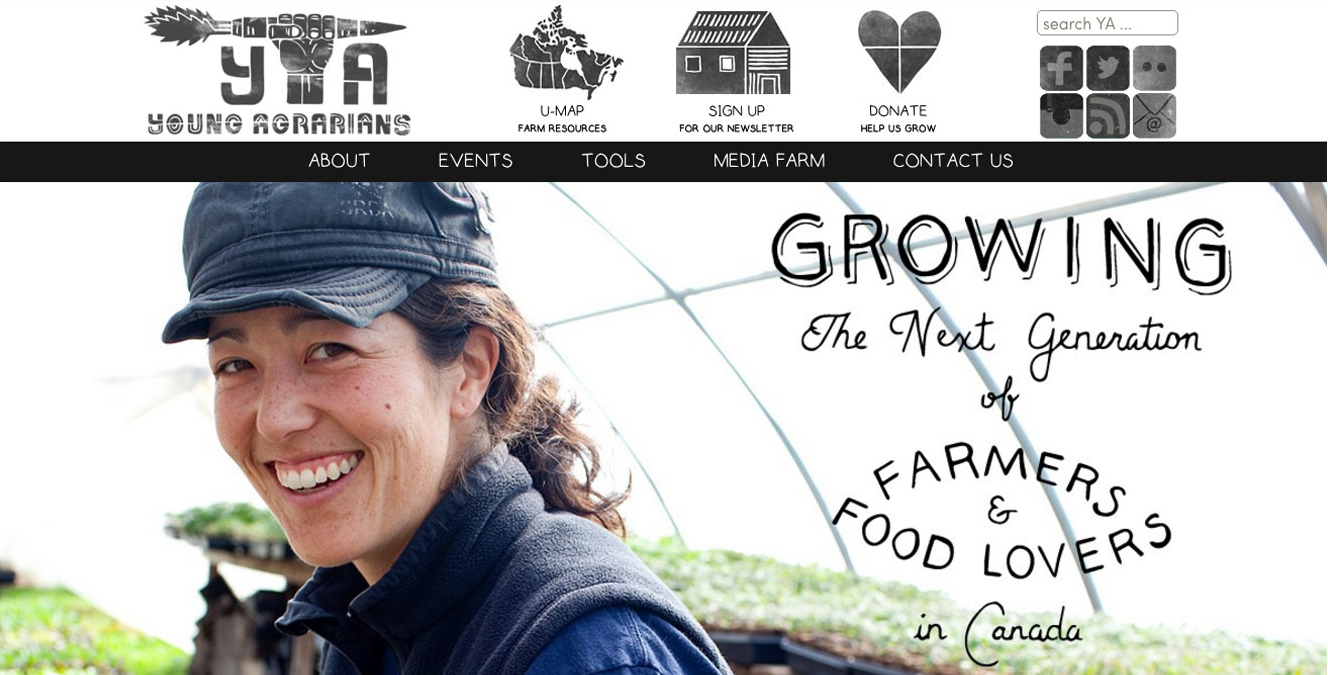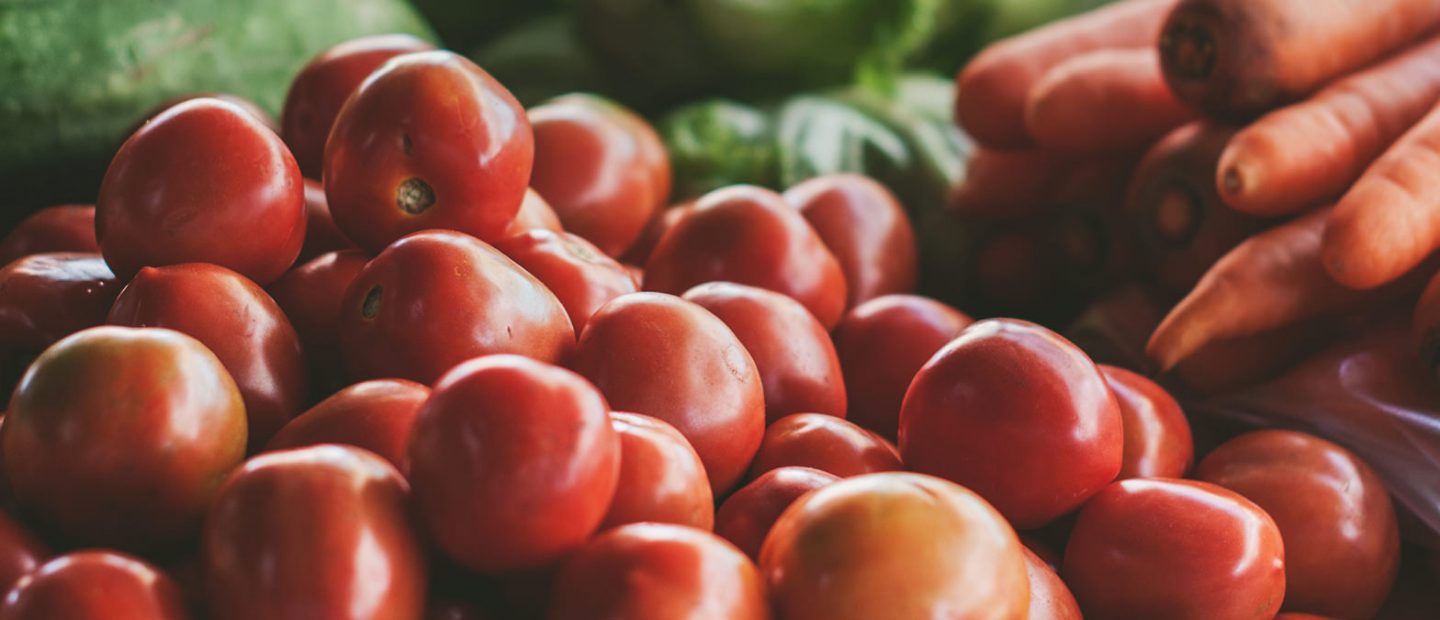What is a fair price for a dozen eggs, or a chemical-free, locally grown bunch of carrots to feed your family? That question is one that Doug Zaklan and Gemma McNeill struggle with everyday.
Doug and Gemma are the co-owners of Zaklan Heritage Farm, a business operating on an eight-acre property bordering Surrey’s rapidly developing core where they produce eggs and 40 types of vegetables mostly by hand to avoid using fossil fuels.
Despite the size of the property, the young couple chose to start small by farming 1.5 acres of it. What they grow on the farm (where a pet llama named Reverend also lives to keep watch over 99 roaming hens) is sold through a community supported agriculture program, and at local markets and restaurants.

When Doug’s great grandparents began farming the land in 1928 they were known as ‘stump farmers’ for the tree stumps they blew out of the ground that covered the landscape. Back then it was hard to imagine that suburban sprawl, strip malls and industrial development would someday nudge the farm on all sides. And yet despite this rich history, whether the farm continues serving the community surrounding it depends on a few factors.
Surrounded by industry
“It’s not easy for small-scale farms like us to run a profitable business,” says Gemma, adding younger generations in B.C. are finding it harder to access agriculturally viable land due to it being unaffordable and due to development pressures. “This land is not part of the agricultural reserve. It’s been hung onto through sheer family perseverance,” says Gemma. “But we are surrounded on all sides by industry or residential housing.”

While Gemma and Doug consider themselves lucky to have access to land owned by Doug’s relatives, the possibility of owning their own property seems impossible despite a growing number of customers relying on them for chemical-free, local produce.
The true cost of growing food
“There is a lot of cheap food in grocery stores to compete with that doesn’t show the true cost of growing it,” says Gemma. “That price is reflective of what happens when farmers and industry scale up or abuse workers and don’t pay them a humane rate,” she adds, admitting the inability to pay her full and part-time employees a living wage is another challenge.

Despite these struggles, the couple perseveres because they are both driven by a strong ecological ethic and a motivation to educate people about what it takes to grow food.

“Many people have never been to a farm so having one in the middle of Surrey to visit means they can connect with the soil for an experience you can’t get at a grocery store,” says Gemma. “By existing, our hope is that we are supporting the growth of the local, small-scale agricultural movement and less reliance on imported food.”
Vancity is a proud supporter of the Young Agrarians, which runs a business mentorship program that connects young farmers (such as Doug and Gemma) with experienced ones in order to grow their business.








